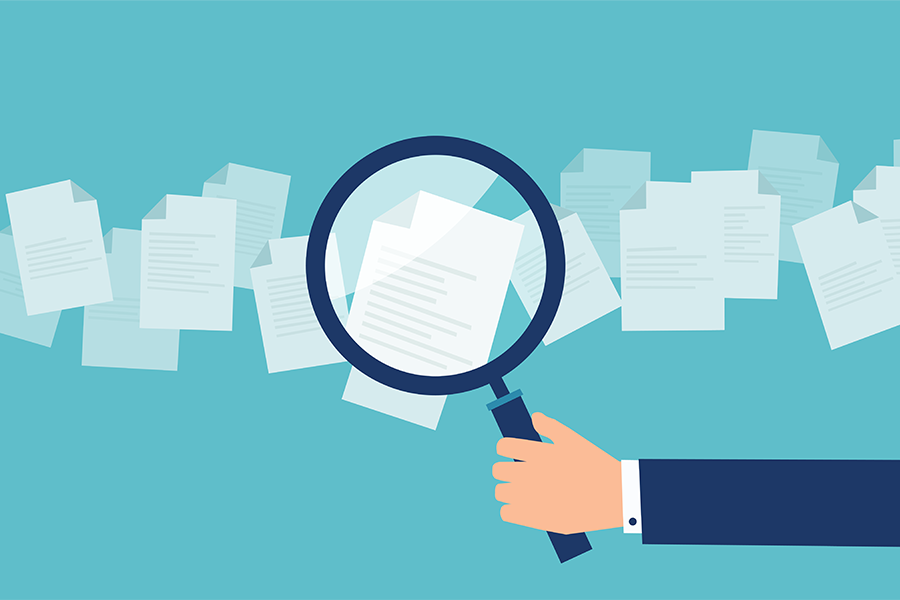Unit 2: Identification
2.7 Review of Unit 2

© Feodora Chiosea / iStock / Getty Images Plus.
In this unit we focused on the first part of the safeguarding cycle – ‘Identification’.
We looked at identifying what criteria and factors make children and adults vulnerable to various forms of harm including sexual exploitation, abuse and harassment (SEAH). We also looked at the intersectionality of various factors and how that increased risk of harm. We applied our learning to a case study on undertaking research on research participants.
We went through various tools with regards to how to conduct research in a safe way, applying safeguarding and ethical principles such as a situational analysis to highlight vulnerability and risks, and a risk assessment to think through safeguarding measures which would minimise risk of unintended harm from occurring.
Finally, we examined the most up-to-date UKCDR guidance on how to conduct research where everyone has a responsibility to play.
|
Before you move on to Unit 3, reflect on your own learning so far. Consider the following questions and respond to the questions in your learning journal.
|
Now go to Unit 3: Prevention.
References
Crenshaw K (1989) Demarginalizing the Intersection of Race and Sex: A Black Feminist Critique of Anti-discrimination Doctrine, Feminist Theory and Antiracist Politics. University of Chicago Legal Forum Volume 1989 | Issue 1
Safeguarding Support Hub (2021) ‘How CSOs can Design and Deliver Safe Programmes’, How-To-Note, Online. Available at Resource and Support Hub (Accessed 21 June 2021).
UK Collaborative on Development Research (UKCDR) (n.d.) Guidance on Safeguarding in International Development Research, Online. Available at UKCDR (PDF) (Accessed 23 June 2021).
UK Research and Innovation (2021) Framework for research ethics, Online. Available at UKRI (Accessed 28 June 2021).
